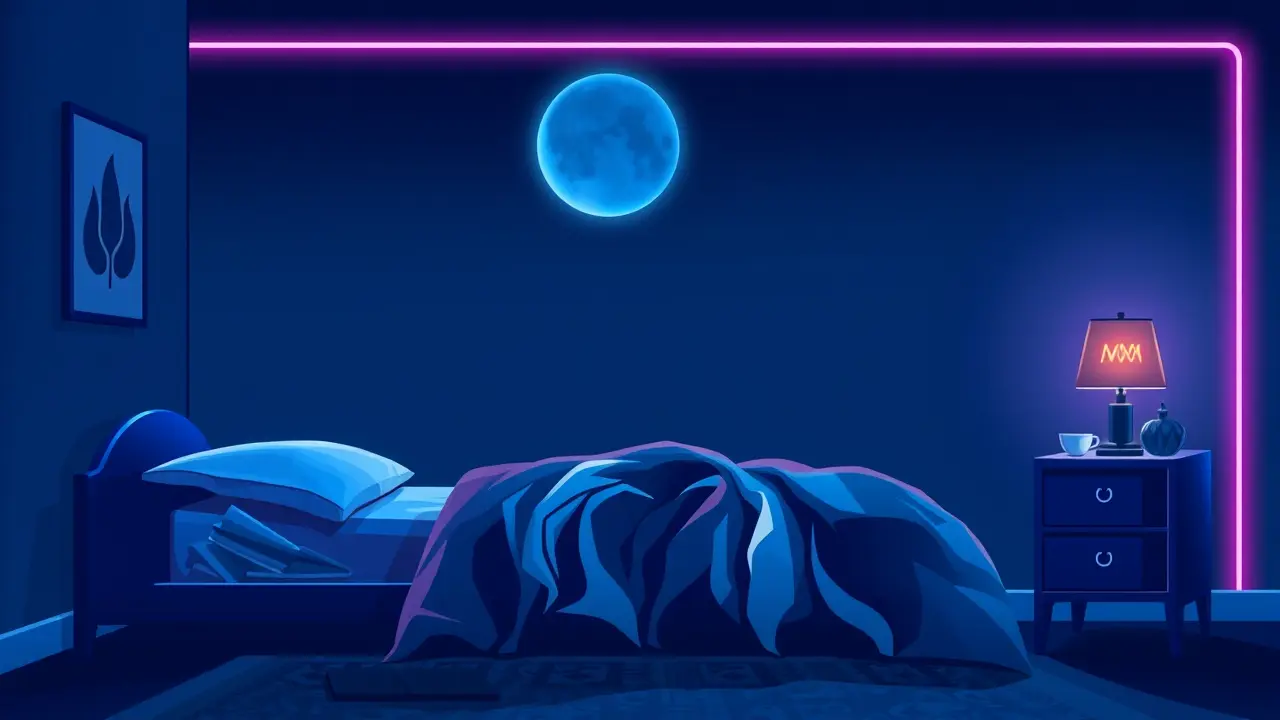Survey Ranks America's Biggest Nightmares for Halloween
If you still keep a nightlight on, you’ve got nothing to be ashamed about—in fact, you’re nowhere near alone, and that simple admission opens a fascinating window into the collective psyche of modern America. A new Talker Research survey of 2,000 Americans, commissioned by Avocado Green Mattress and arriving just in time for Halloween, found that nearly one in three adults still fears the dark, a statistic that feels less like a quirky data point and more like a profound echo of our shared humanity when you pause to consider the stories behind the numbers.I’ve spent countless hours interviewing people about their daily lives, from their morning routines to their deepest anxieties, and what consistently emerges is a tapestry of vulnerability that defies age or circumstance; the executive who confesses to a racing heart when the power goes out, the retired teacher who still can’t walk down a dark hallway without humming a tune, the young parent who checks the closet one more time after reading a bedtime story—these are not just isolated fears but threads in a larger narrative about how we navigate uncertainty and the unknown. This survey, which ranks America's biggest nightmares, goes beyond the seasonal spookiness of Halloween; it taps into a fundamental aspect of the human condition, where the dark isn't merely an absence of light but a canvas for our deepest insecurities, from financial instability and health crises to the gnawing dread of personal failure.Historically, our ancestors gathered around fires to ward off nocturnal predators, both real and imagined, and today, we might scroll through our phones in a brightly lit room, but the impulse remains strikingly similar—we seek comfort in illumination, whether from a flame or a screen, to keep the shadows of our minds at bay. Expert commentary from psychologists I’ve spoken with often highlights how these fears are amplified in an era of constant information overload, where news cycles and social media feed our anxieties, making the abstract terrors of the world feel intimately close.The consequences of this are multifaceted; on one hand, it fosters a culture of hyper-vigilance, where sleep disorders and stress-related issues become more prevalent, but on the other, it can also cultivate empathy, as we recognize that our neighbors, colleagues, and even strangers on the subway are likely grappling with their own versions of the same unease. By delving into the broader context of these nightmares—how they shape our relationships, influence our consumer habits, and even drive political and social movements—we see that they are not weaknesses to be overcome but integral parts of our emotional landscape, reminding us that courage isn't the absence of fear but the ability to acknowledge it, share it, and find connection in our shared vulnerabilities.
It’s quiet here...Start the conversation by leaving the first comment.
© 2025 Outpoll Service LTD. All rights reserved.
